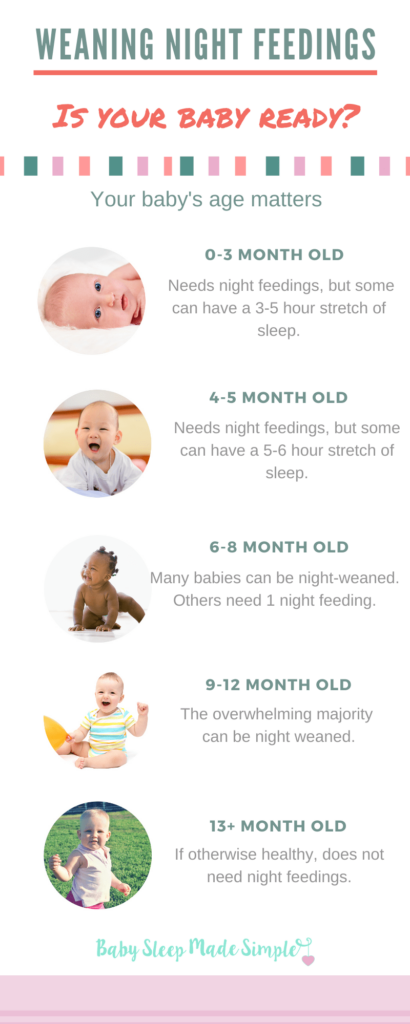
The importance of baby sleep can never be underestimated. This is especially true when it comes to the health of your infants. Infants, even before they outgrew their cribs, were susceptible to diseases like SIDS. These ailments are preventable through baby sleep.

Newborns are far more sensitive to their mothers’ temperature than they are to the temperature outside their home. This means that the longer you stay up, the longer your newborns have to go without a good night’s rest. The result is that they get up frequently during the night and remain alert for much longer stretches throughout the day. The resulting loss in physical capacities leads to a higher risk of developing everything from simple allergies to cancer.
Baby sleep allows you to make sure that your newborns develop harmoniously with their surroundings. In order to make sure this happens, you need to establish a good sleeping environment. One way to do this is to go through with transition time every three to four hours. The goal is for your newborns to get used to waking up and going to sleep at different times. When babies are sleeping longer stretches and without any disturbances, they are less likely to develop negative habits such as colic.
A helpful way to establish baby sleep is to start your baby sleep cycle at about the same time each day. If you keep your bedtime routine at about the same time every day, your babies are likely to get into a comfort zone. It is important to establish bedtime routines early so that you can help them overcome their aversion to sleep. The transition time is not difficult. All you have to do is move the blankets and pillows to the nursery. The goal is to make the nursery as familiar with sleep as possible.
You can also help establish baby sleep by introducing new things to your newborns diet. Some parents start to introduce food to their babies around two months of age, but most babies may be introduced to solid foods around six months of age. There is no right or wrong age. Introducing food may be one of the best ways to help your newborn’s transition to sleep. Babies will gravitate toward familiar foods as they get closer to going into their nighttime routine.
In order to establish baby sleep readiness, you may want to create a warm and comforting environment for your little one. This can be done with a baby bath, a cozy rocking chair in the nursery, and regular snuggling and nursing. You may want to begin a feeding time routine when your baby is nursing and this can be done while your baby is in a quiet place like your bedroom. Once your baby is older, you can start to move on to different locations, such as the kitchen table. However, be sure to never move your babies out of your sight as they may begin to feel anxious and restless.
In order for babies to fall asleep, it is critical that they are in a secure and comfortable sleeping environment. If an infant has an uncomfortable mattress, he or she may become restless and will wake up frequently throughout the night. You can purchase several types of mattresses that are specifically designed for infants.
To help ease your baby into the transition from day to night, try to start a bedtime routine. Your baby can begin by watching their favorite TV shows or playing their favorite video games. As your baby gets older, you can take them to the same doctor. By having a consistent bedtime routine, he or she will get the idea that sleep is for sleep alone and that you are in charge. Many parents will use the same tactics to get their babies in a sleeping routine.






